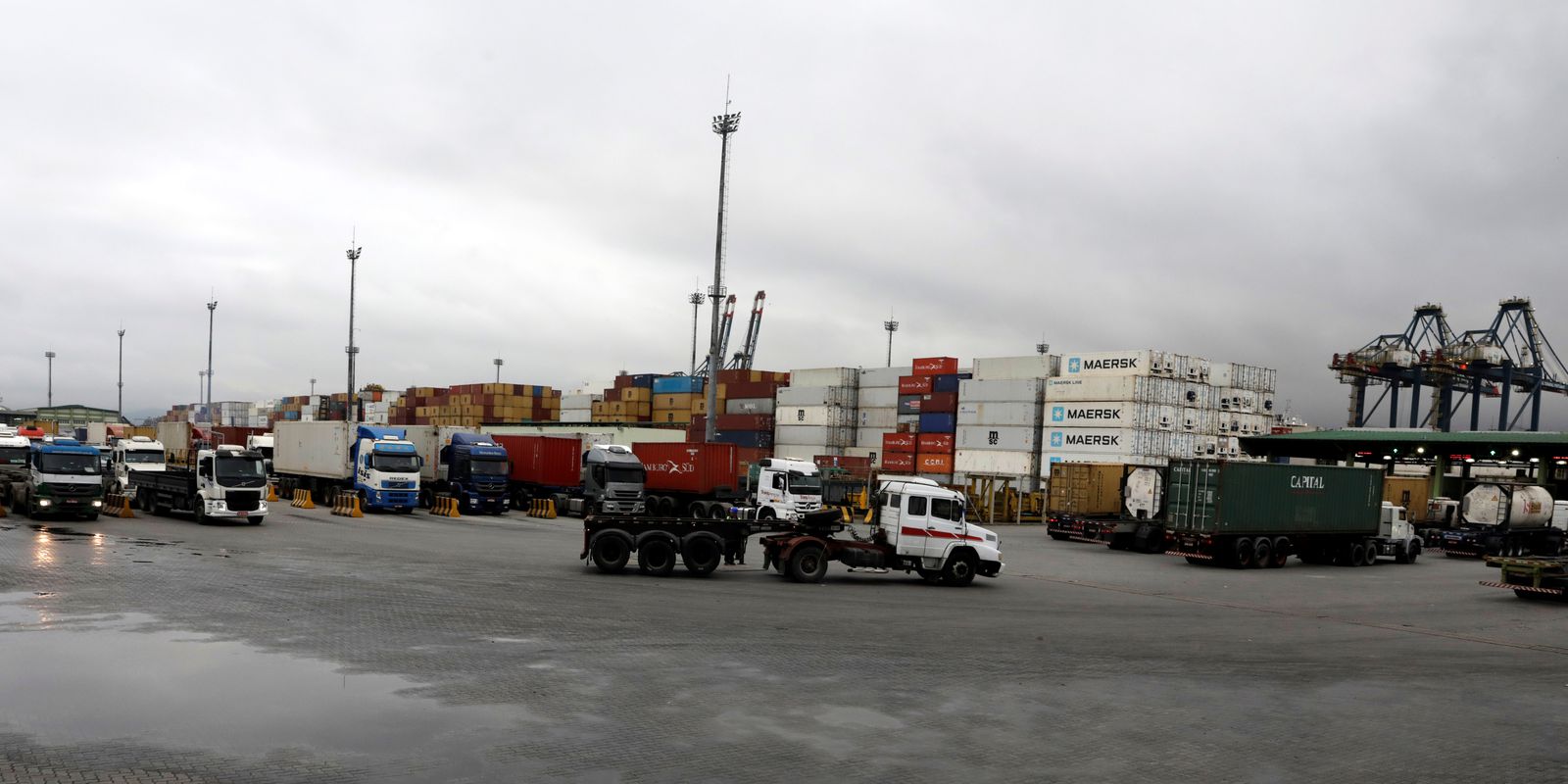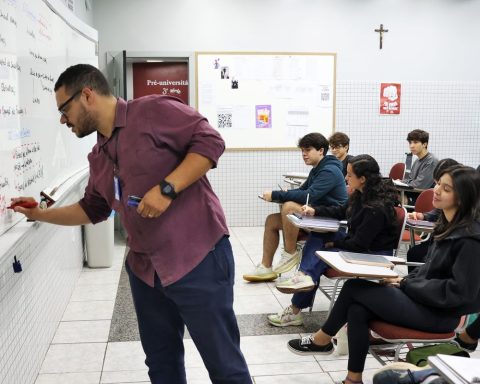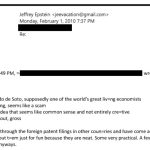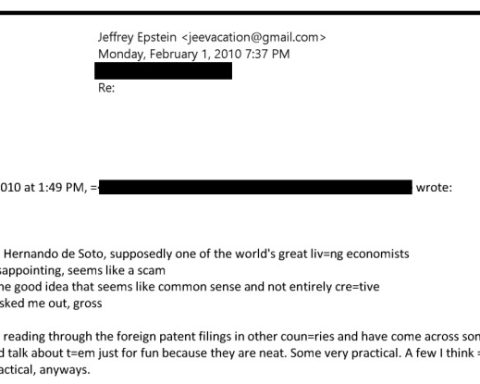The rising price of several imported items, especially fertilizers and oil, caused the trade surplus to shrink in June. Last month, the country exported US$ 8.814 billion more than it imported, a drop of 15.4% in relation to June last year. Despite the setback, this is the second best result for the month since the beginning of the historical series, in 1989, second only to June 2021.
In the first semester, the trade balance accumulates a surplus of US$ 34.246 billion. This represents 8.2% less than in January and June of last year. The balance is the second best in history for the period, second only to 2021, when the surplus had closed the first half at US$ 37 billion in that interval.
Last month, Brazil sold US$ 32.675 billion abroad and bought US$ 23.861 billion. Both imports and exports hit a record in June, since the beginning of the historical series, in 1989. Exports rose 15.6% in relation to June of last year, according to the criterion of the daily average. Imports increased 33.7% in the same comparison.
The record of imports and exports, however, is due to the increase in international prices of goods. Last month, the volume of exported goods rose by an average of only 0.1% compared to June last year, while prices rose 14.6%, favored by the appreciation of commodities, which are primary goods with international quotation.
In imports, the quantity purchased fell by 1.8%, but average prices rose by 34.6%. The rise in prices was mainly driven by manures, fertilizers, oil, coal and wheat, items that became more expensive after the start of the war between Russia and Ukraine.
sectors
When comparing the agricultural sector, the increase in international prices weighed more on exports. The volume of goods shipped fell 4.5% in June compared to the same month in 2021, while the average price rose 36.2%. In the manufacturing industry, quantity rose 11.6%, with the average price increasing 23.4%. In the extractive industry, which includes the export of minerals and oil, the amount exported fell 15.9%, while average prices dropped 10.9% in relation to June last year.
The most prominent products in agricultural exports were unground corn (+1,458.9%), unroasted coffee (+76.7%) and soybeans (+22.7%). This growth is mainly due to prices. The negative highlight was cotton, whose exports fell 10.5% from June last year to June this year due to the anticipation of shipments at the beginning of the year.
In the extractive industry, the biggest increases were registered in coal exports, whose value multiplied by around 700 times in June compared to June last year. In the manufacturing industry, the largest growth occurred in vegetable fats and oils (+154.6%), fuels (+124.4%) and soybean meal and other animal feed (+61.5%).
Regarding imports, the biggest increases were registered in the following products: unmilled barley (+15,386.3%), non-oil fruit and nuts (+72.5%) and unmilled wheat and rye (+67.4%). , in agriculture; non-agglomerated coal (+439.6%) and crude oil (+182.5%), in the extractive industry; and fuels (+82.7%) and processed chemical fertilizers (+187.5%), cathode valves (+64.9%) and fuels (+47.4%), in the manufacturing industry.
I estimated
The rise in imports made the government revise its trade surplus projection downwards. For 2022, the government predicts positive balance of US$ 81.5 billion, against a previous projection of US$ 111.6 billion. Estimates are updated every three months.
















